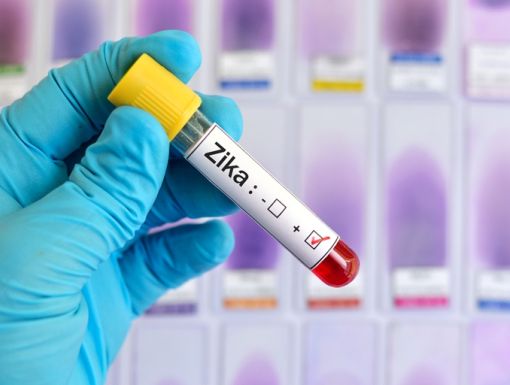
Zika Virus and Risk for Guillain-Barre Syndrome
The Aedes Mosquito, that carries the Zika virus, lives in Louisiana and other parts of the Gulf South. Because we are approaching the summer, when mosquitos are more prevalent, we like to let our patients know about different aspects of the diseases Zika virus can cause.
We as physicians stress to our patients that it is important to stay educated. There have been cases of Zika transmitted through mosquitos and sexual contact reported in Puerto Rico and in travelers from areas with Zika to destinations such as Miami and Texas. Preventing mosquito bites and removing standing water where mosquitos breed is important during the warmer months in our area.
Although we may be more aware of Zika affecting pregnant women and their babies, one possible overlooked affect is its potential connection to neurological disorders such as Guillain-Barre Syndrome.
It is important to note that most people (up to 80%) that contract Zika are asymptomatic. The few cases that do progress to show symptoms include symptoms ranging from fever, rash, joint pain, conjunctivitis (eye redness), to muscle aches and headache.
However, a recent study released discussed 42 confirmed cases in French Polynesia during an outbreak of Zika virus that resulted in symptoms consistent with Guillain-Barre Syndrome, a relatively uncommon, but serious neurological disorder. The syndrome is typically brought about after an infection and consists of the body attacking itself - specifically the nervous system - at different locations.
Symptoms may be characterized by a painful weakness that affects muscles in different parts of the body - often simultaneously - after infection with a virus. The symptoms of this neurologic weakness may occur 6 to 12 days after infection with Zika virus.
Overall, this is an uncommon syndrome after infections and rarely occurs after infection with Zika.
The majority of people who are infected with the virus do not end up having this relatively rare syndrome, and it is rarely life-threatening. Just remember to be vigilant in doing what you can to prevent it and if you experience unexplained weakness, consult your physician.
For more on the Zika virus, read Zika Virus: What We Know by Dr. Katherine Baumgarten



